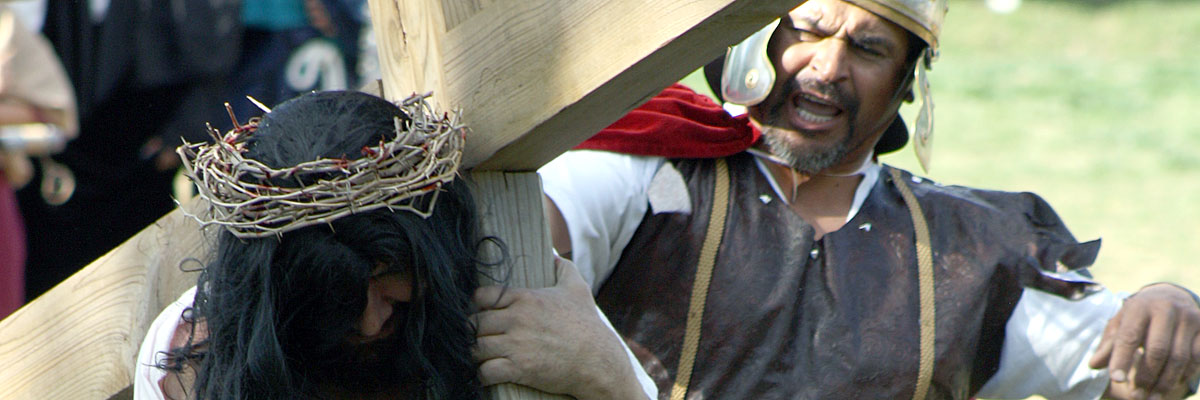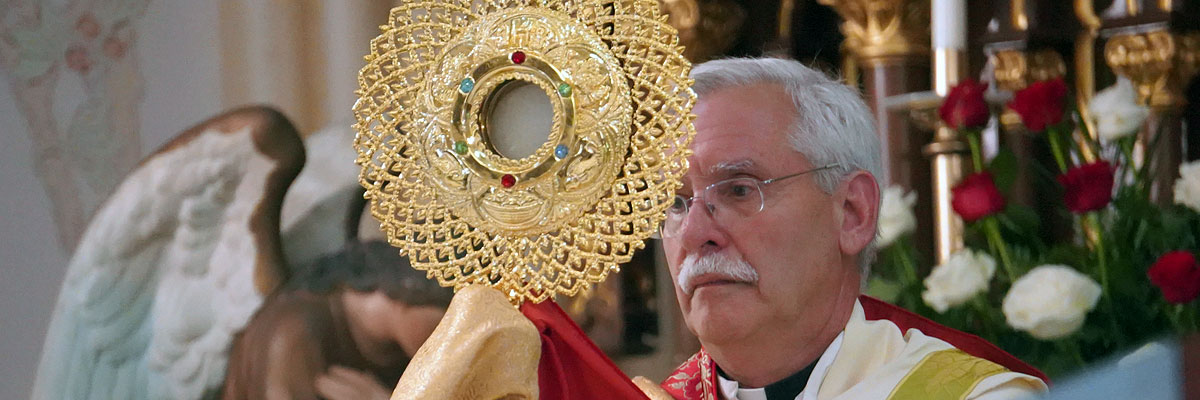Official Website of the
Catholic Diocese of Little Rock
Q: How do I begin the annulment of my marriage? Do you have forms I need to complete? Is there anyone who can help me through this process?
A: Father Greg Luyet, judicial vicar for the Diocese of Little Rock, said, "The annulment process can seem overwhelming and foreign to someone who is beginning to investigate the validity of his or her marriage. For this reason, men and women known as advocates have been trained to assist those seeking annulments.
"One's pastor is a great source of information in directing a person to an advocate in the area. A person may also contact the Diocesan Tribunal to find out the names of advocates who might be available to help a person present his or her case to the tribunal.
"The advocate provides the petitioner with the necessary forms to complete, as well as a list of the documents the petitioner must present with the petition. There are several different types of cases depending on the specific circumstances of the person.
"The role of the advocate is to assist the petitioner in determining which is the best process to use based on the person's circumstances. Once the tribunal receives the petition, the court may request additional information to assist in determining how to proceed."
No such thing as annulment
“Annulment” is an unfortunate word that is sometimes used to refer to a Catholic “declaration of nullity" as known as "declaration of invalidity." Actually, nothing is made null through the process. Rather, a Church tribunal (a Catholic Church court) declares that a marriage thought to be valid according to Church law actually fell short of at least one of the essential elements required for a binding union. Learn more from this Q&A.









